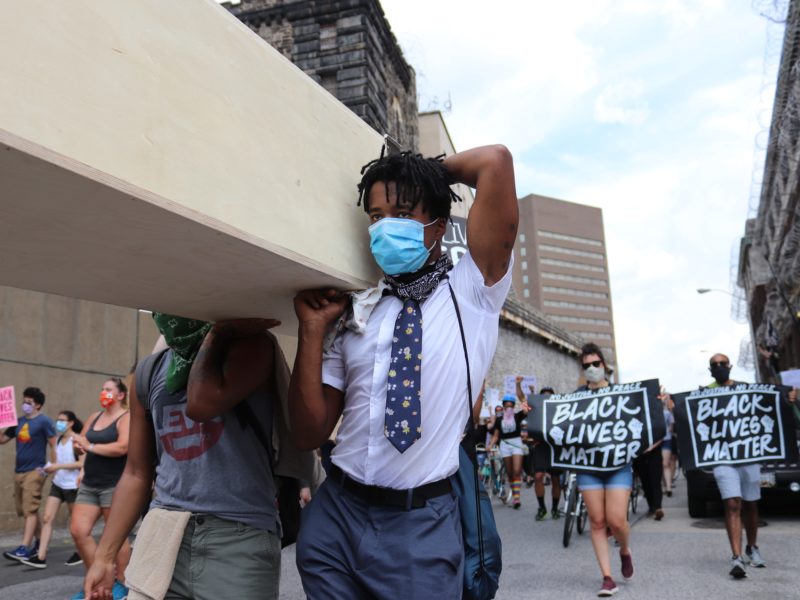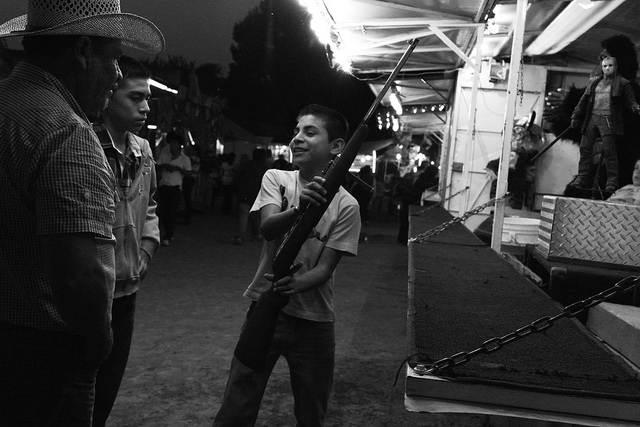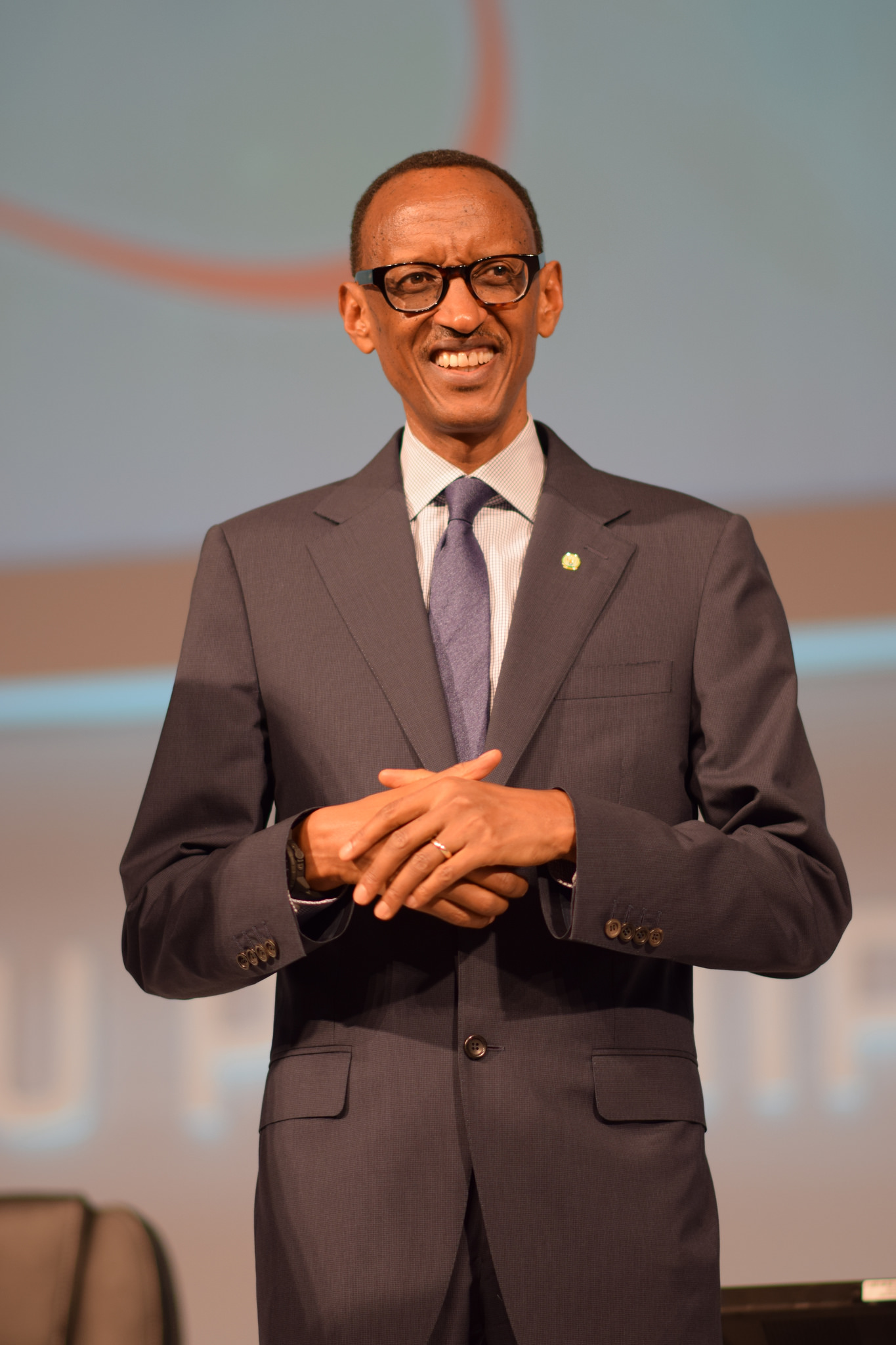Guest post by Priscilla Torres, Katie Webster, Chong Chen, and Kyle Beardsley
From COVID-19 to the Black Lives Matter movement and protests that resurged this summer and fall, the US is confronting a period of significant upheaval and possible social change. What are the implications for domestic social hierarchies?
Recent scholarship has shown that societal “shake-ups” such as wars have the potential to create opportunities for broad gains in civil liberties and political empowerment of gender and ethnic minorities. Findings from our research suggest that interstate war is associated with civil liberty gains for ethnic minorities; civil war is associated with gender civil liberty gains; and government battlefield losses are associated with gains along both dimensions.
These findings accord well with an understanding that social hierarchies—deeply embedded power structures that privilege some social groups over others—can only be dismantled in the midst of massive disruptions to the normal functioning of societies. “Shake-ups” like major wars and political regime changes provide windows of opportunity for movement toward ethnic and gender equality.
But shared gains across groups don’t happen automatically. World War I, for example, served as a crucial catalyst for women’s suffrage in the US and abroad, but women’s experience of empowerment varied widely. World War II similarly created opportunities primarily for white women, especially with respect to the labor force in the United States. But backsliding—i.e., revitalizing policies and structures that oppress marginalized communities—is also common, even after initial gains are made in the midst of war.
Research on social hierarchies highlights several critical points: in times of great upheaval from war— and perhaps from massive disruptions from a global pandemic like COVID-19—there is the possibility for extensions of rights and freedoms. The extension of rights across multiple types of marginalized communities isn’t guaranteed, but neither is it likely that the expansion of rights to one group comes at the expense of others.
This becomes particularly clear when the recent social upheaval in the United States is viewed in light of another major US milestone: the 100th anniversary of the ratification of the 19th amendment to the Constitution, which was celebrated last month. While certainly a historic event in US history, the establishment of women’s suffrage is laced with inequities. Despite their initial coalition, white suffragettes severed ties with African American suffragettes because it was politically expedient for them to do so. In celebrating such a momentous occasion, it is easy to overlook not only the contributions of African American suffragettes, but also their exclusion from the movement and full attainment of the right to vote altogether.
The COVID-19 pandemic highlights disparities for people of color throughout the United States—particularly in Black, Indigenous, and Latinx communities—who have faced the highest infection rates, hospitalization numbers, and death rates. The pandemic and protests related to the Black Lives Matter movement may well lead to reforms and institutional changes thought to benefit people of color in the United States. However, backsliding is also evident: reduced economic opportunities for immigrants (documented, undocumented, and refugees), use of force against protestors, and a withdrawal of women from the workforce due to the collapse of childcare. Moreover, there is a large potential for a backlash to protests, and any civil liberty gains that might result from them. Recent violence and mobilization of armed counter-protesters in Kenosha demonstrate this backlash.
Mass shake-ups can prove to be a double-edged sword, as authoritarianism has the potential to advance while democratic institutions weaken and fail to guard against the repression of dissent. With health surveillance technology being adopted worldwide, democratic backsliding might accelerate during and after the pandemic.
Lasting change often requires intentional and wholesale legislative reforms and changes to institutional structures. Like a caste system, the sources of racial disparities in general, and anti-Black violence in particular, are so deeply engrained in US social structures that it will be all too easy for the country to slide back into complacency with racial disparities and racialized violence. The current “shake-up” in the US creates the potential to rewrite the rules of our legal and organizational structures. After the Attorney General of Kentucky explained his refusal to bring homicide charges against the officers involved in the shooting of Breonna Taylor on the basis of his interpretation of Kentucky criminal law, advocates of justice for people like Breonna Taylor are demanding that criminal law and institutions of police oversight be overhauled. If this window of opportunity is missed, though, or if backsliding gains further traction, it may be another generation until unequal racial and gender power structures are again challenged.
The present shake-up from COVID-19 also presents opportunities for reforms related to other issues, such as the challenges facing women’s economic empowerment, and immigration policies. For example, efforts by the United Nations to champion gender equality have helped to generate tremendous attention to the unpaid, informal, and often invisible work women do in the home. Now, in the context of COVID-19—with school closures and children at home across Western countries—this burden has become even more visible, and more of a priority to address. COVID-19, in other words, may end up serving as a catalyst for policies that address this gender disparity—policies that might otherwise require mass mobilization.
When and if reforms are made, attention should be paid to potential unintended consequences. For example, policies to improve access to childcare could be crafted in a way that benefits white and middle-class families most, overlooking families of color. If these harmful consequences go overlooked, backsliding can certainly occur, and already marginalized communities can be left even worse off.
Priscilla Torres is a PhD Candidate in Political Science at Duke University; Katie Webster received her PhD in Political Science from Duke University in 2019; Chong Chen is an Assistant Professor of International Relations at Tsinghua University; and Kyle Beardsley is a Professor of Political Science at Duke University.







